Security News
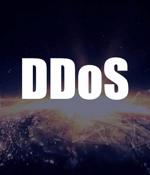
It should be noted that RDDoS attacks are launched by a different type of threat actors than ransomware gangs, who use DDoS to add more pressure on the victim on top of file encryption and the threat to publish stolen data. Cloudflare reports that ransom DDoS attacks have dropped drastically in 2022, with only 17% of its DDoS-targeted clients reporting an extortion in January, 6% in February, and just 3% in March.
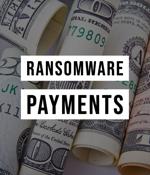
Most organizations have been hit by ransomware in 2022, and most of those opted for paying the requested ransom, the 2022 Cyberthreat Defense Report by the CyberEdge Group has shown. The research company says that possible explanations for the steady yearly rise of the percentage of organizations that decided to pay the ransom may include: the threat of exposing exfiltrated data, increased confidence for data recovery, and the fact that many organizations find that paying a ransom is significantly less costly than system downtime, customer disruption, and potential lawsuits.
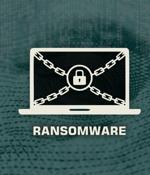
Other key findings Of the respondents that said their organization paid a cyber ransom to regain access to data, applications, and/or systems after an attack, only 14% were able to recover all of their data. 87% of respondents who made ransom payments said that they experienced additional extortion attempts beyond the initial ransomware demand.

According to this year's report, 84% of responding organizations are experiencing a shortfall of skilled IT security personnel. A whopping 83% of responding organizations are experiencing growth in their security budgets, up from 78% last year.

A concerning number of ransomware victims have paid their attackers to retrieve their data or devices, according to CyberEdge Group's annual Cyberthreat Defense Report. The 2022 edition features a survey of 1,200 IT security professionals and found that a whopping 63% of those suffering from ransomware attacks last year ended up compensating the malicious parties responsible for the attacks.
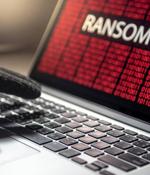
The average ransom demand hit $2.2 million in 2021, a 144 percent rise from the year prior, according to Palo Alto Networks' Unit 42 consultants, while the average ransom payment grew 78 percent to $541,010. The security research and consulting team's latest ransomware report pulls data from cases handled by Unit 42 along with analysis of ransomware gangs' leak sites.
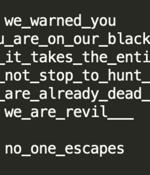
Cybersecurity company Imperva on Friday said it recently mitigated a ransom distributed denial-of-service attack targeting an unnamed website that peaked at 2.5 million requests per second. "While ransom DDoS attacks are not new, they appear to be evolving and becoming more interesting with time and with each new phase," Nelli Klepfish, security analyst at Imperva, said.

A global survey that looked into the experience of ransomware victims highlights the lack of trustworthiness of ransomware actors, as in most cases of paying the ransom, the extortion simply continues. 38% of ransomware attacks threatened to use stolen data to extort customers.
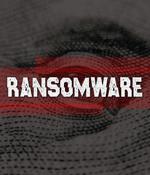
CyberSaint announced the release of a report which identifies which sectors pay the most in ransom, have the propensity to pay and delves into the future of ransomware. Since these sectors provide vital services, organizations are more likely to pay the ransom to protect the stolen data and restore provided services.

80% of critical infrastructure organizations experienced a ransomware attack in the last year, with an equal number reporting that their security budgets have risen since 2020, a Claroty report reveals. The report is based on an independent global survey of 1,100 information technology and operational technology professionals who work in critical infrastructure sectors, exploring how they have dealt with the significant challenges in 2021, their levels of resiliency, and priorities moving forward.